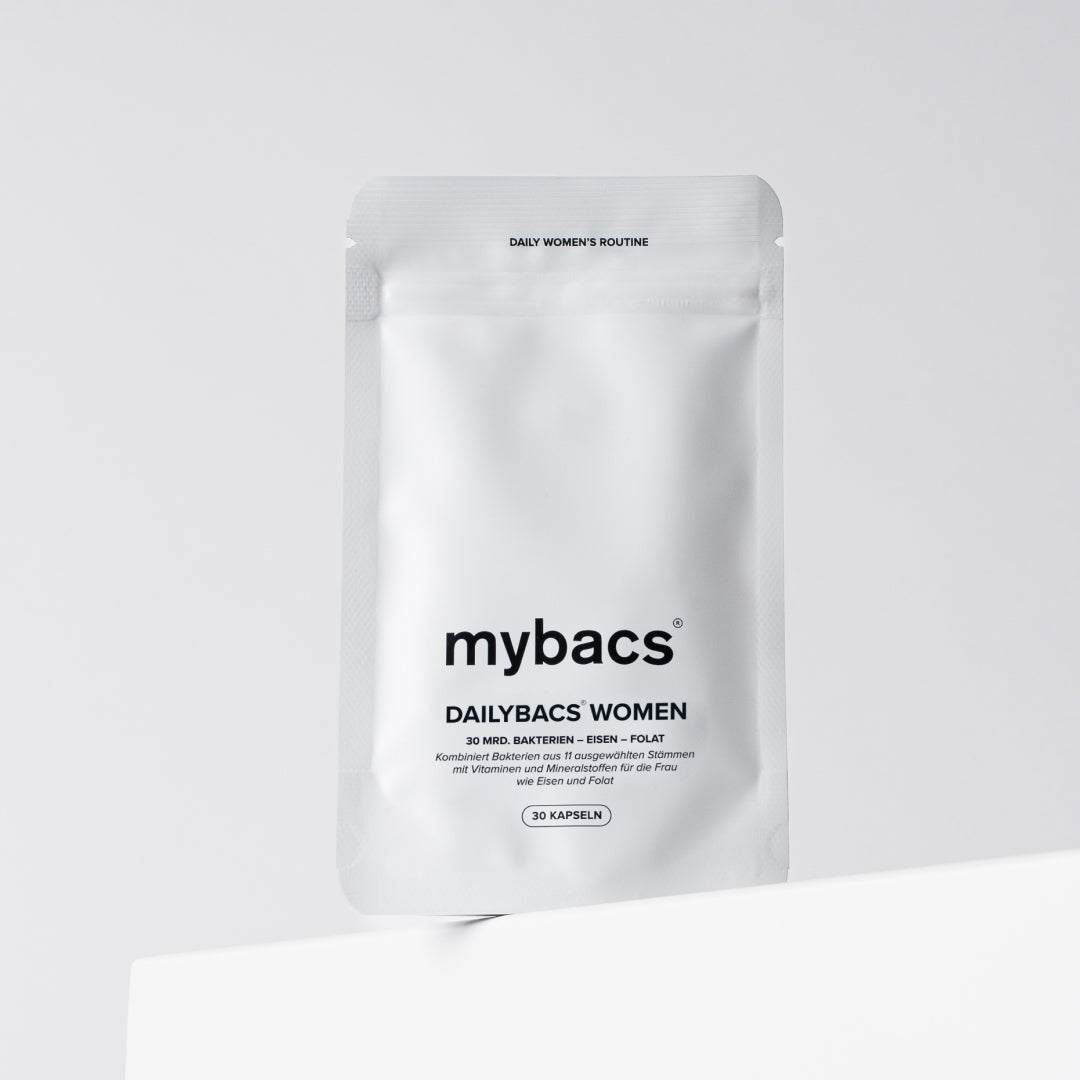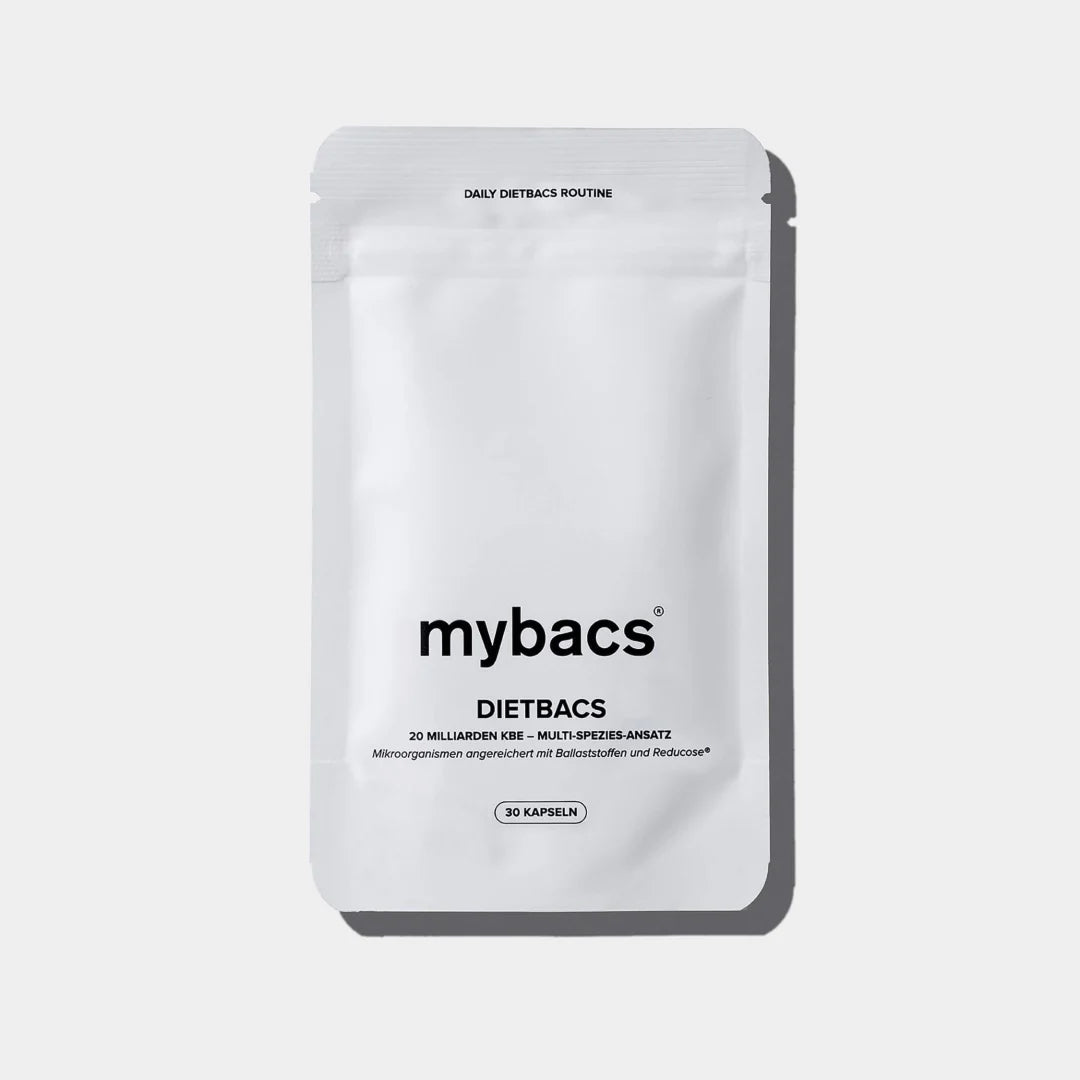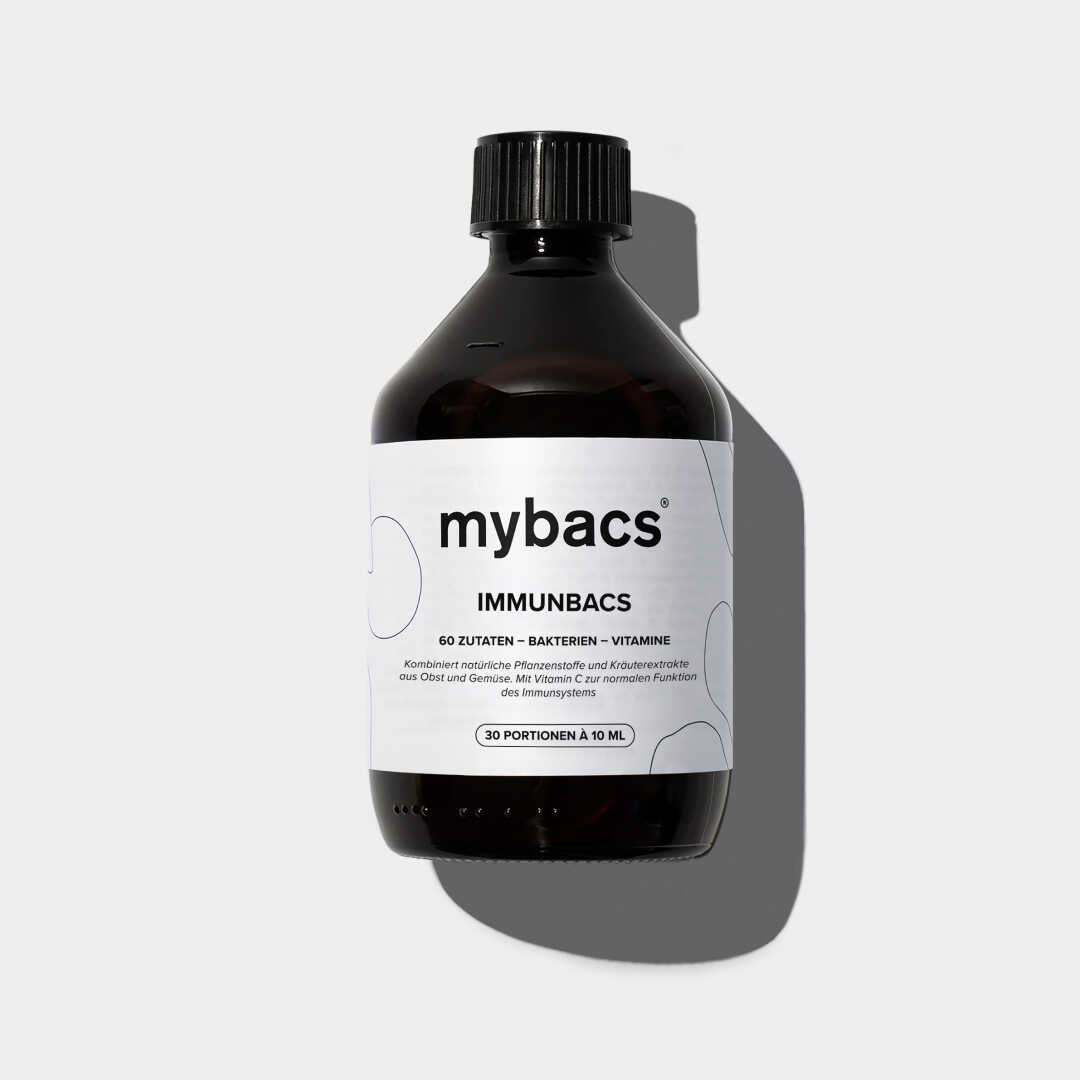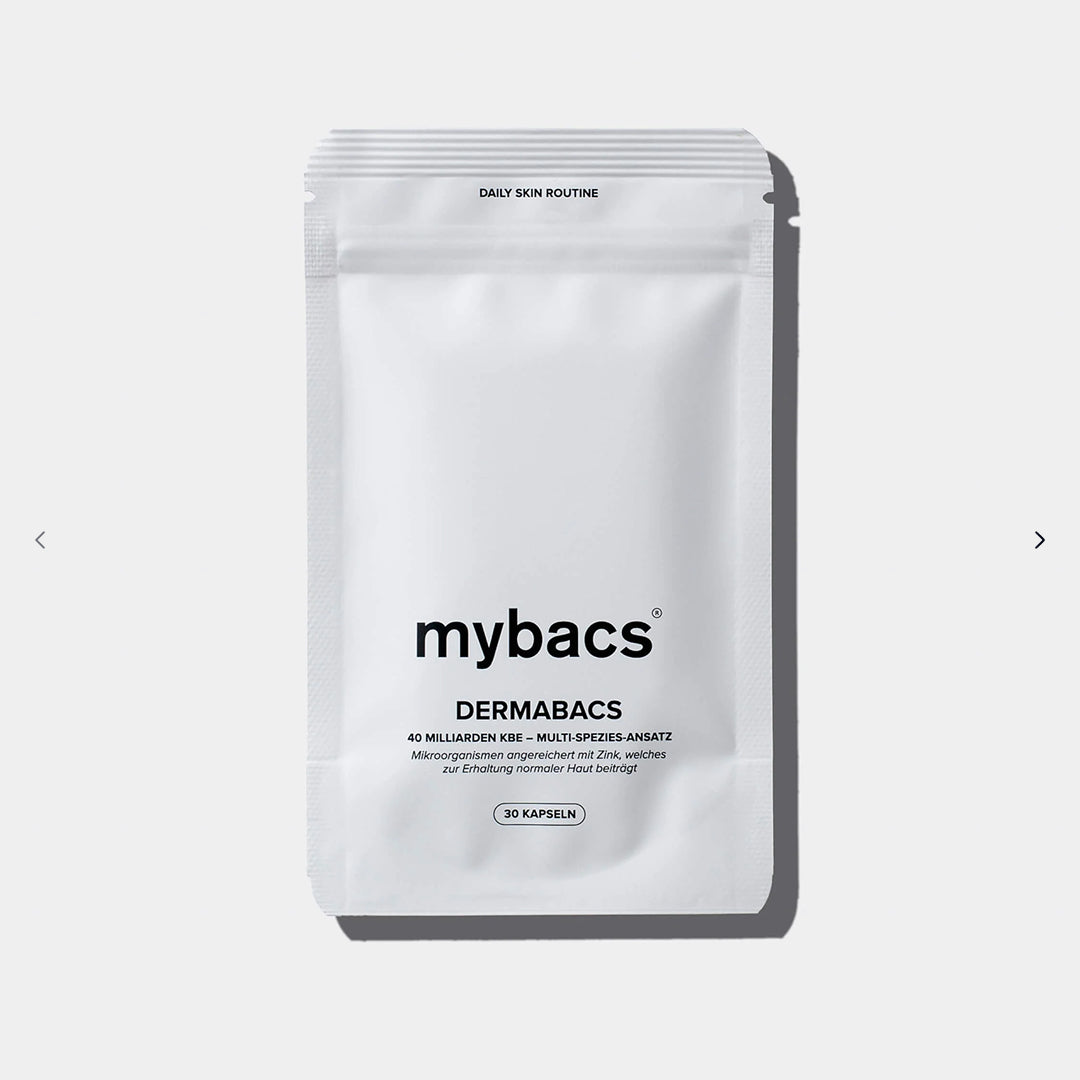Many people desire healthy and well-cared-for skin. Unfortunately, improper washing habits often lead to unwanted skin problems. This is because people frequently resort to a variety of, sometimes aggressive, skincare products. This isn't necessarily effective. Instead, targeted care is needed, tailored to each individual skin type. In this article, we would like to highlight the most common mistakes when washing your skin and offer practical tips on how to properly cleanse and care for it.
- SOAPLess is more – soaps and shower gels attack the skin's protective acid mantle. The less soap you apply to your skin, the lower the likelihood that its natural function will be destroyed. Experts advise against thoroughly lathering your body every day. Ultimately, cleansing with water is perfectly sufficient. Only traces of makeup and grease need to be removed with soap! Hands, in particular, should be washed with soap. It's best to make sure that soaps and shower gels for the body do not contain sodium lauryn sulfate. SLS acts as a surfactant and binds oil-based dirt, which can then be rinsed off with water. People with skin conditions such as eczema or atopic dermatitis should especially avoid it.
- WASH: With dry or very sensitive skin, the protective mechanism is usually unstable. Too much care can be harmful here. If you've barely sweated that day or haven't come into contact with dirt, you can safely skip showering for a while. If it makes you uncomfortable, you can of course still clean certain areas of your body daily, such as your armpits, hands, face, the sweat trough on your chest and back, and your intimate area. "Cleansing Reduction" is the latest trend, which involves adapting your body hygiene routine to your skin type and actual needs in order to preserve the skin's natural protective barrier. Showering for too long softens your skin, causes it to lose moisture, and dries out more quickly.
- TEMPERATUREDoctors recommend that the water temperature when showering should be lukewarm—that is, close to your body temperature or slightly warmer. People who struggle with irritation or dryness should especially pay attention to the water temperature to protect their skin microbiome.
- TIMEThe recommended shower time is five to ten minutes. Showering too long can dehydrate your skin. This happens because the moisture in the water softens your skin, which in turn allows moisture to escape from your body!
- PRODUCTS: People with allergies or skin problems, in particular, should choose mild cleansing products with a pH value of 5.5 to 7. pH-neutral care products should be free of fragrances, artificial colors, and other harmful ingredients. The skincare industry is constantly undergoing revolution. Innovative trends such as probiotic cosmetics are effective because care products are produced with live microorganisms. This allows them to reach the skin and its own microbiome, continuously strengthening the balance of the skin's flora.
Want to support your skin even more? Then do so by supporting your gut! It's closely connected to the gut-brain axis! Want to learn more about this? Then click through our article on the Gut-skin axis
Short: What does our gut have to do with our skin?
Our skin reflects the health of our gut. When our gut is healthy, our skin radiates, ages more slowly, is less dry, and is less prone to pimples and irritations. Physician Dr. Michaela Axt-Gadermann explains:
"Through a healthy intestinal flora and the targeted addition of certain bacterial strains, moisture retention can be improved, hyaluronic acid production can be stimulated, pimples and eczema can be alleviated, the skin's UV protection can be improved, and sensitive skin can be made less sensitive. Even the aging process is delayed by a healthy gut, and wrinkles can be reduced by the bacterial strain Lactobacillus plantarum."
In addition to the five tips mentioned above, intestinal health also plays a very important role, and it can be cared for just like your skin. One way to support your intestinal flora is to take synbiotics (a combination of probiotics and prebiotics). Want to try our synbiotics? Then click on the button below.and discover which mybacs product is right for you!






